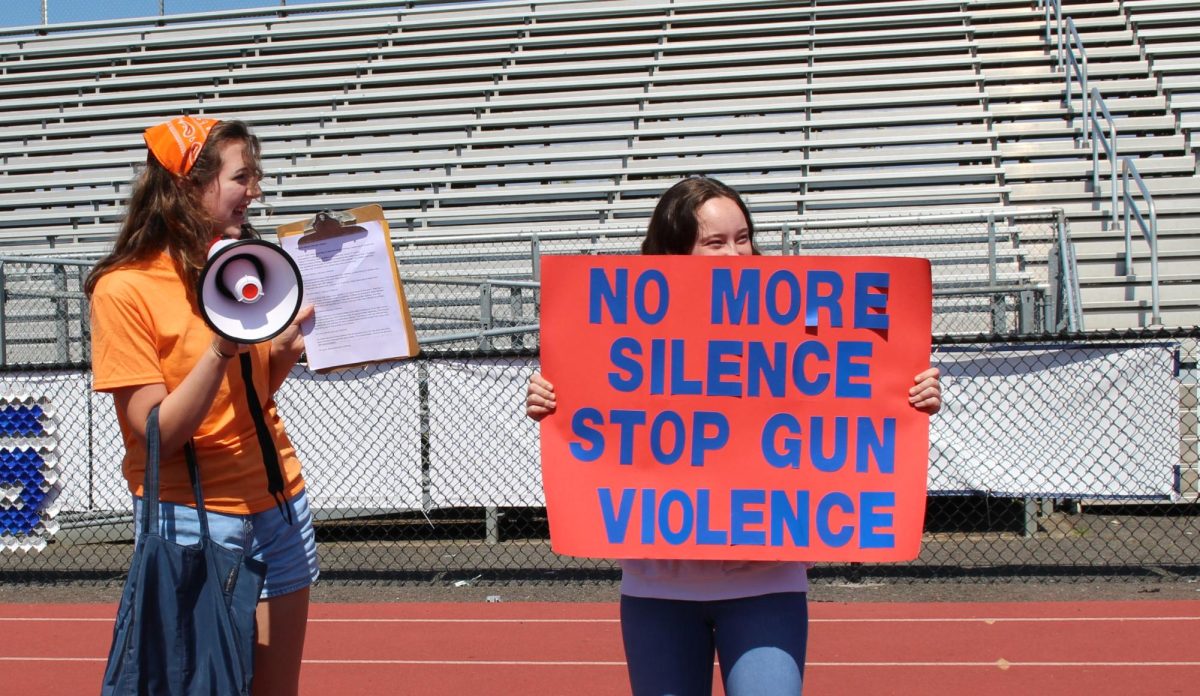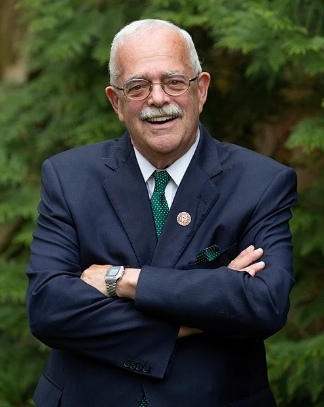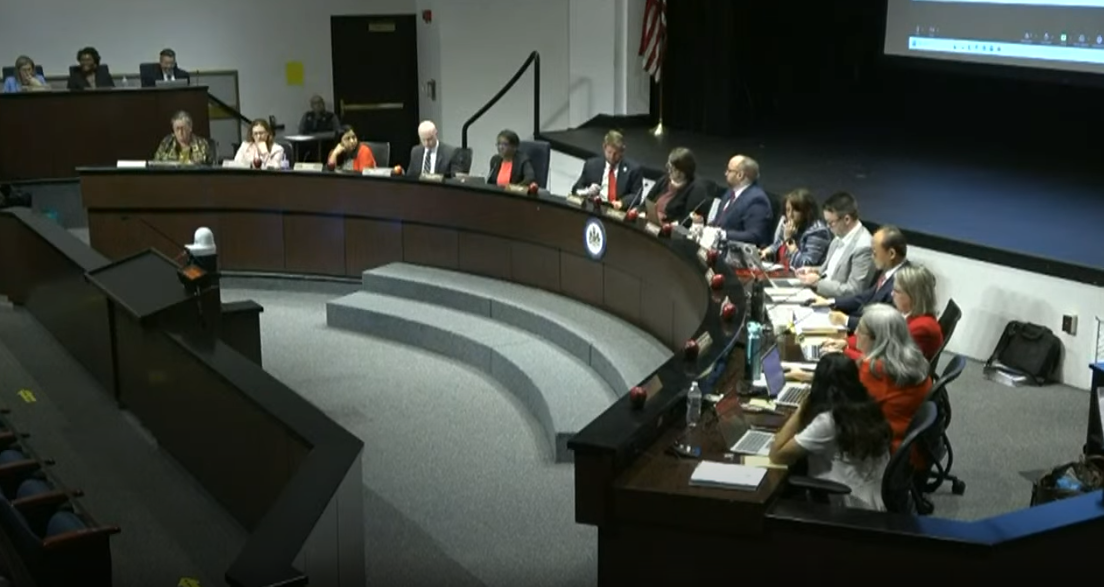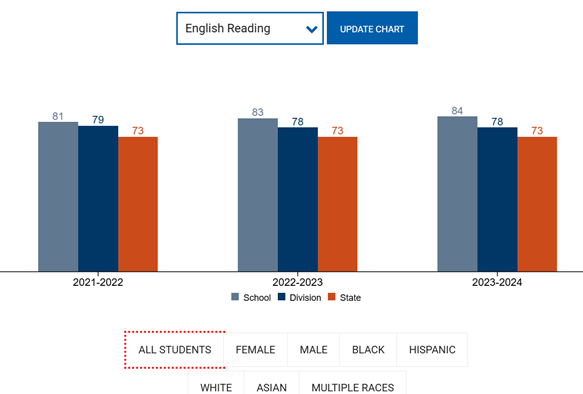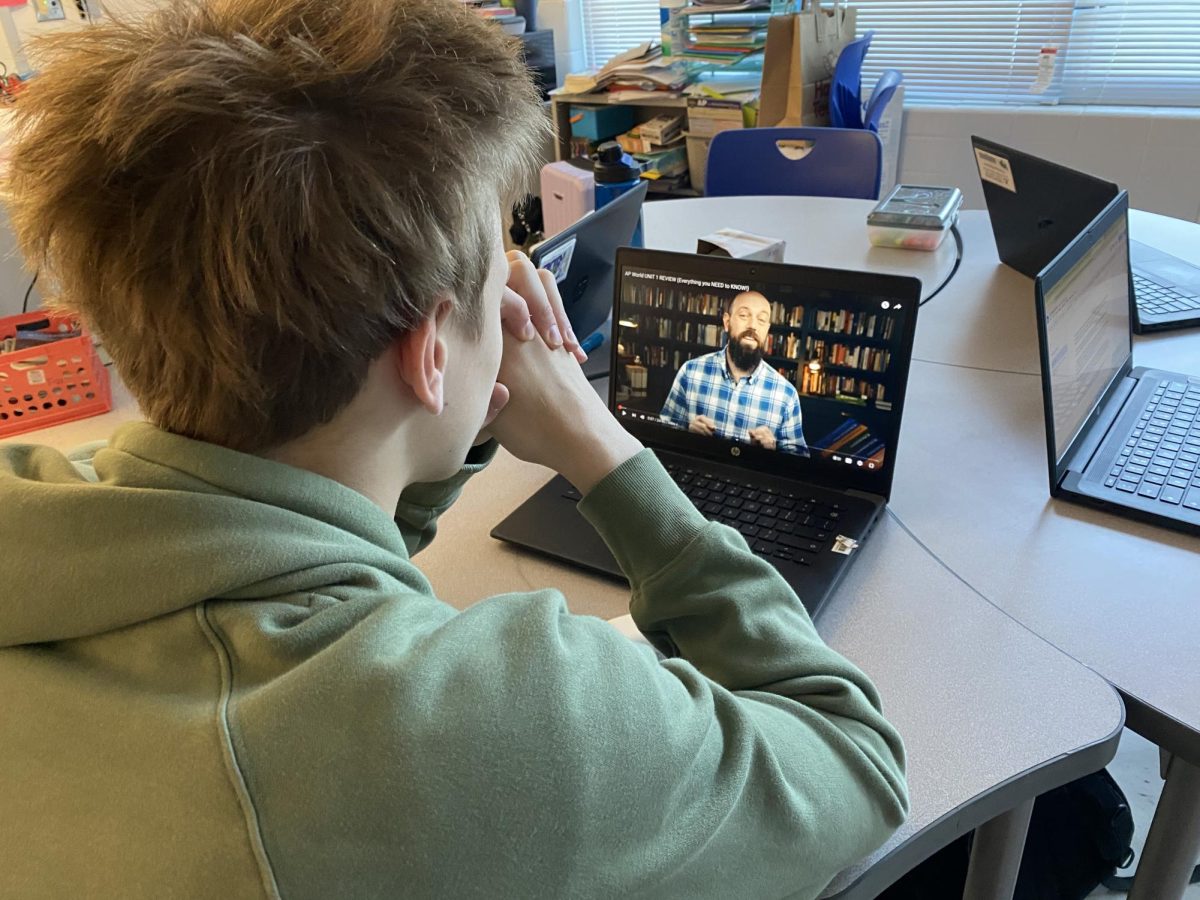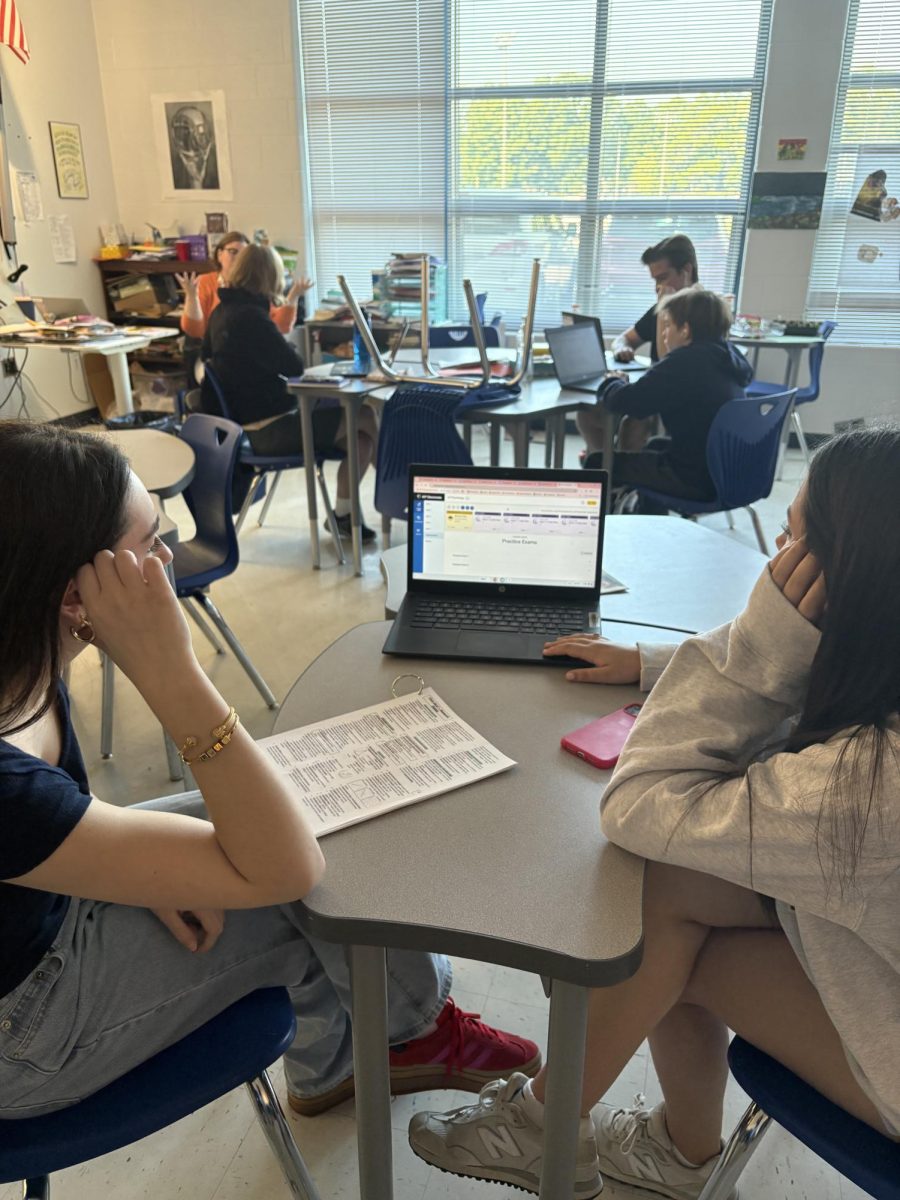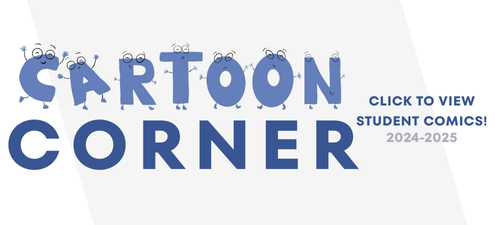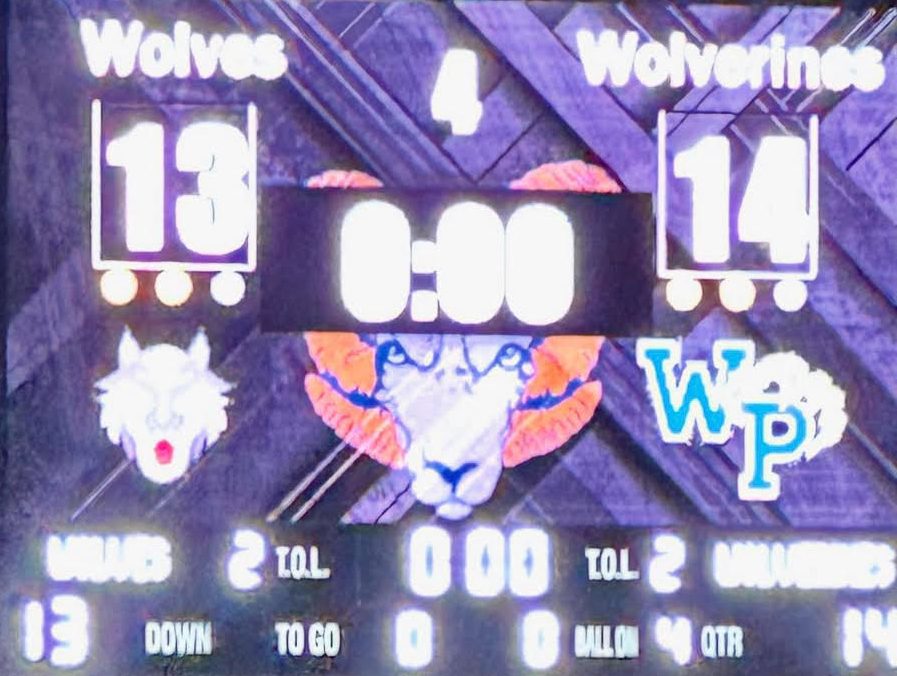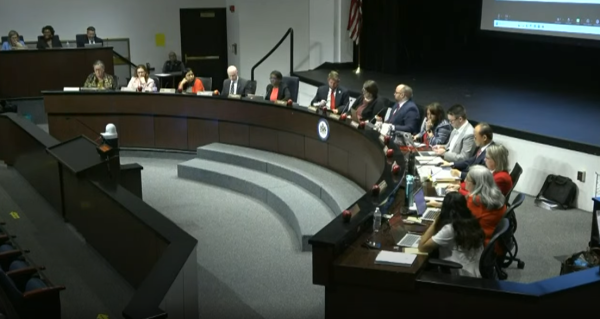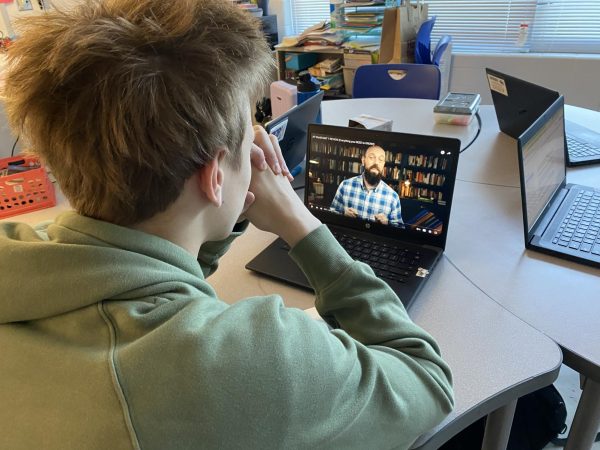“The Next Great Education Debate” is Over What To Teach Students
Everything You Need to Know About the APUSH Controversy and The New Changes to the Course
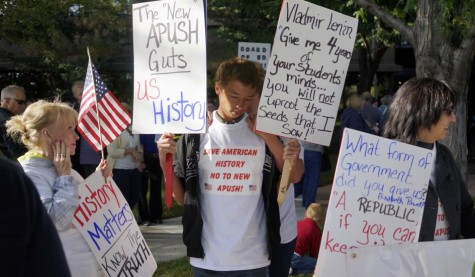
Whether history is your thing or not, you probably should know about the controversy over AP US History and what exactly students should learn. Yet who’s to blame for this mess?
The debate over AP US History (or APUSH) started in October 2012 when Larry Krieger, a former US history teacher, made angry remarks against the then-recently released APUSH framework, the list of guidelines and skills students should know after having completed the course. He argued that the 2012 Framework omitted important aspects from APUSH such as the Founding Fathers while highlighting the negative, such as racism and slavery; thus making the course “unpatriotic”. His rant was picked up by many people, though mostly Conservatives, along with The Republican National Committee, who even went as far as asking Congress to stop funding the College Board for emphasiz[ing] negative aspects of our nation’s history while omitting or minimizing positive aspects.”
This past July the College Board finally caved to Conservative pressure, releasing new, longer APUSH framework effective immediately for the 2015-16 school year. Even so, the new framework has many new, different critics, such as historians who say that not including America’s woes will lead to a less accurate, biased and one-sided class. Last year, high schools in Colorado hosted a massive walkout and protest when their school board sought to review the APUSH curriculum, with students, parents, and teachers all participating. Many claim that a framework is nothing more than a framework, and not a list of everything that must be taught. Others say that patriotism comes from learning about mistakes made in the past and working for a better future.
“In short, it’s a form of propaganda. To withhold information from students, to pick and choose the days students should know; that is not the truth, only a version of the truth,” said senior Jackson Kosmacki, who took APUSH last year. “Without the whole picture censors create a falsified view of American history. And while the argument could be made that censoring would protect students from disturbing topics, it is a weak argument. To censor would be a lying without any purpose but to propagandize.”

